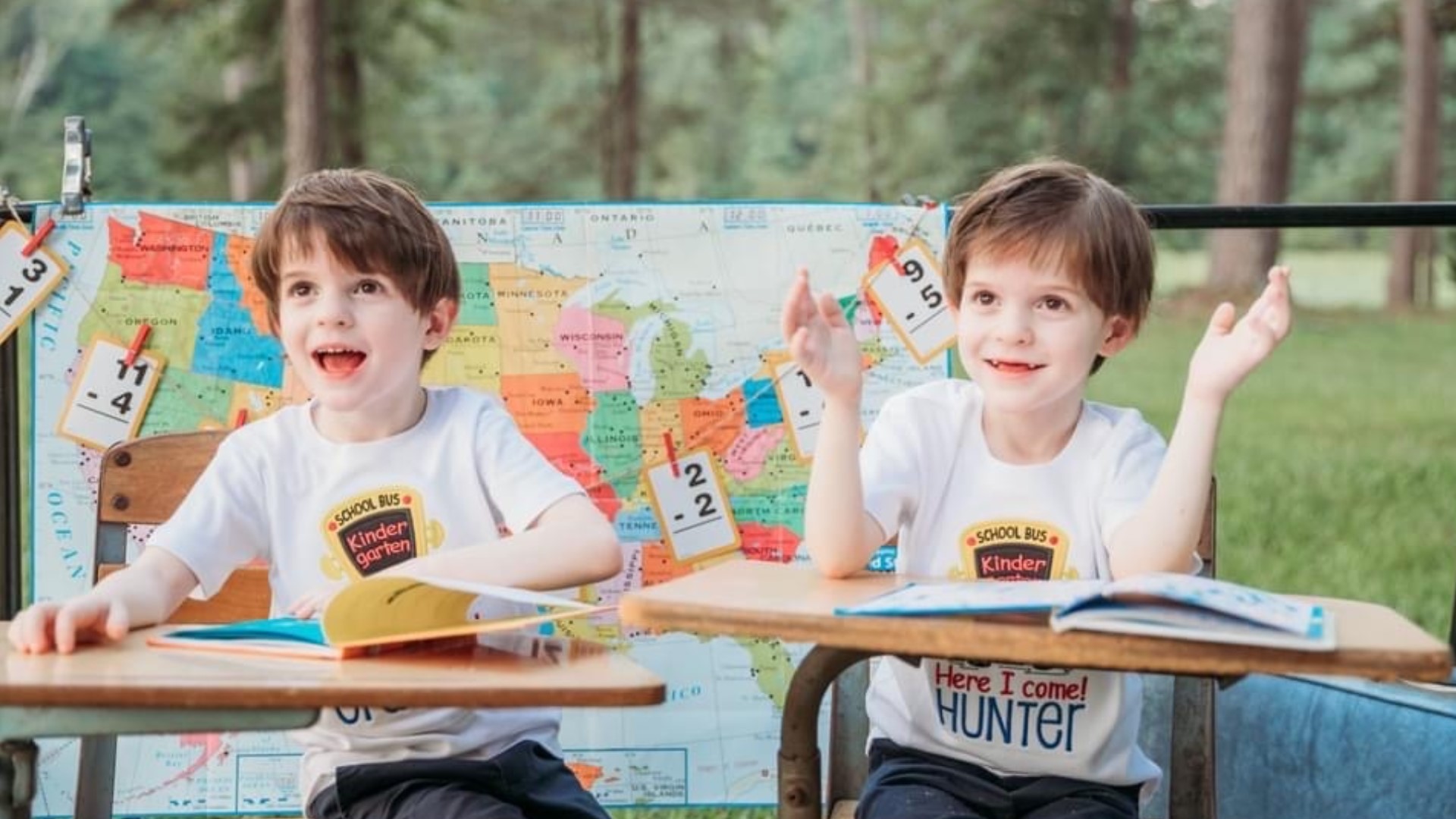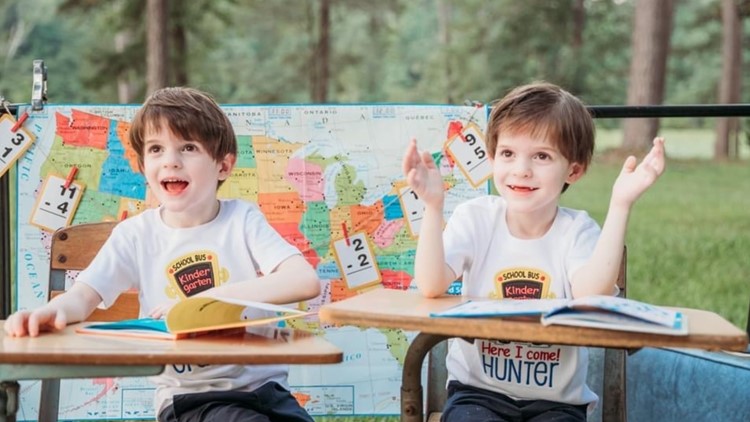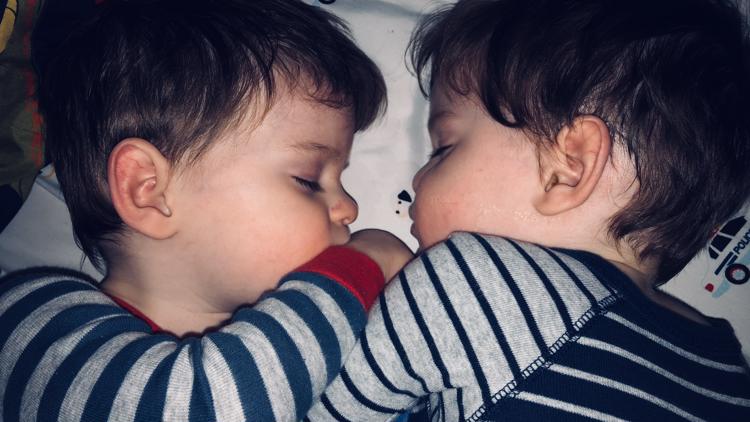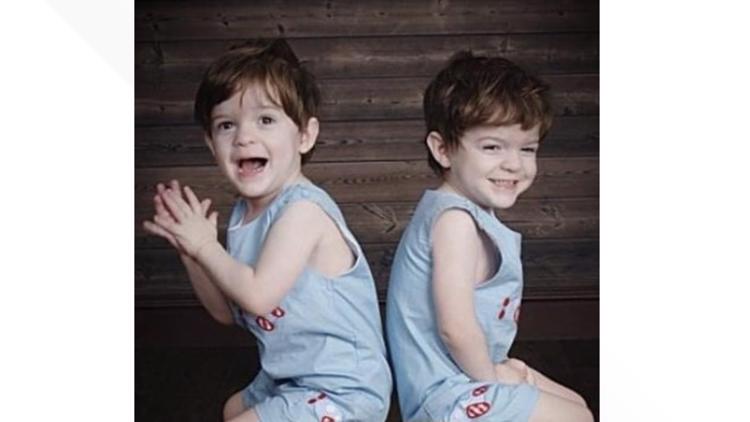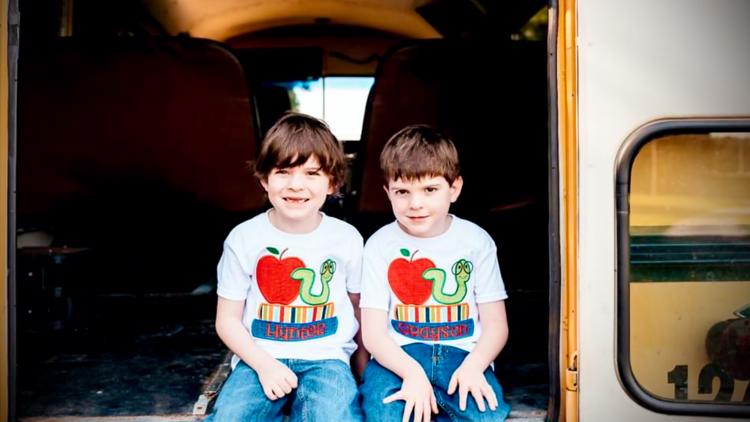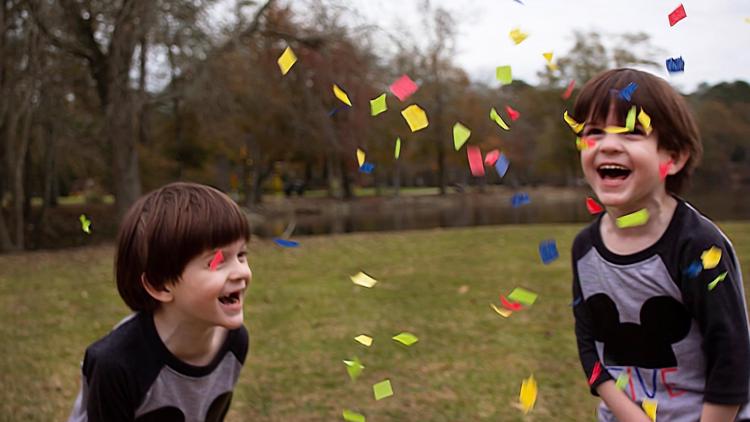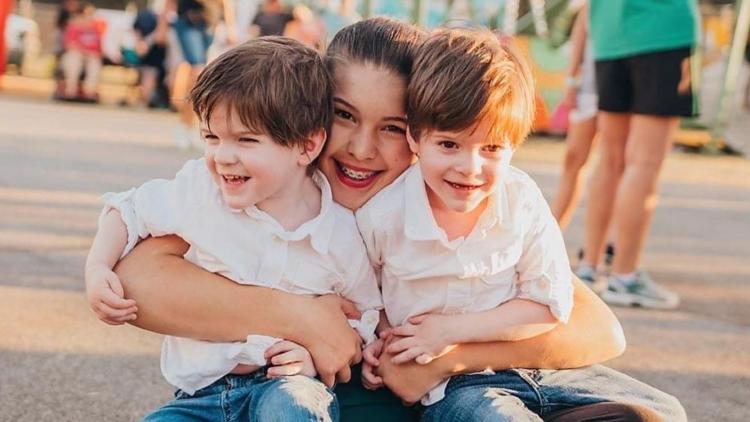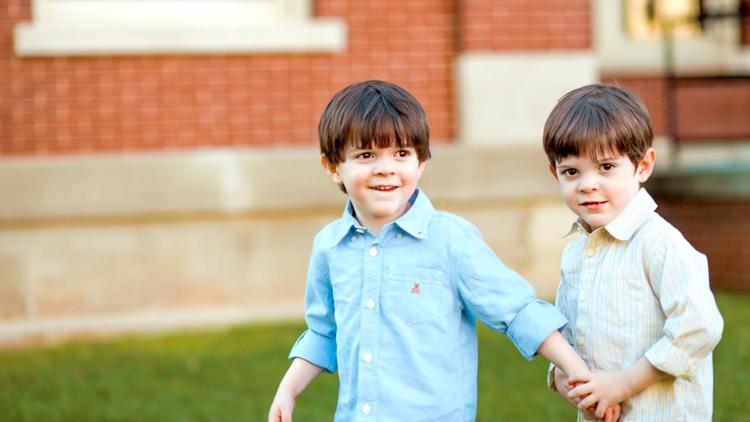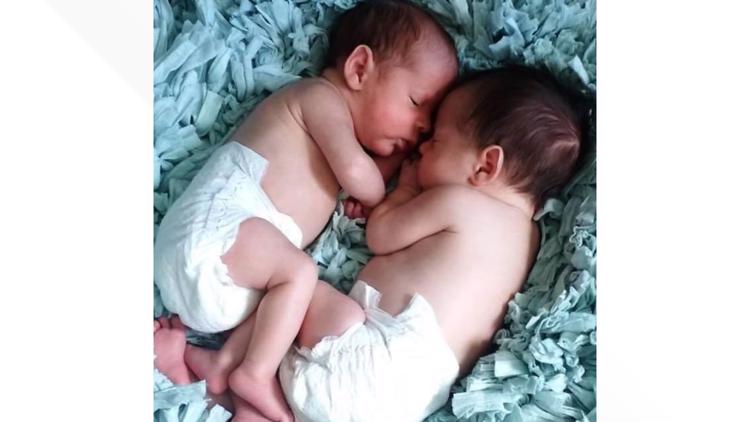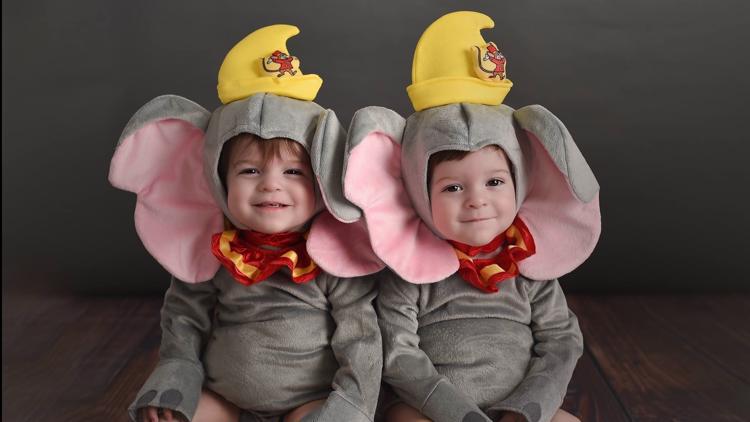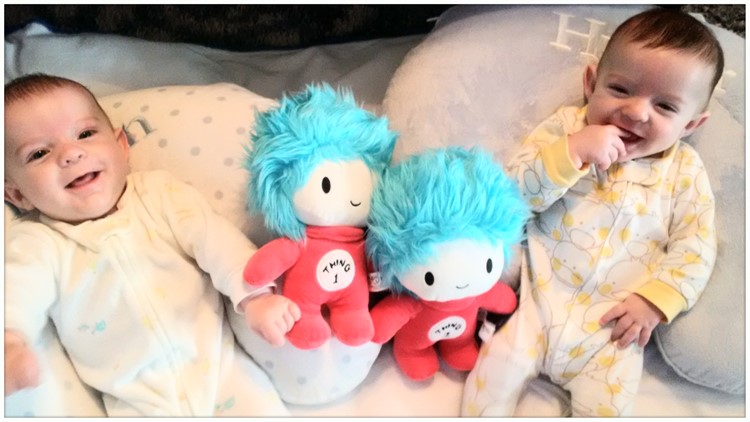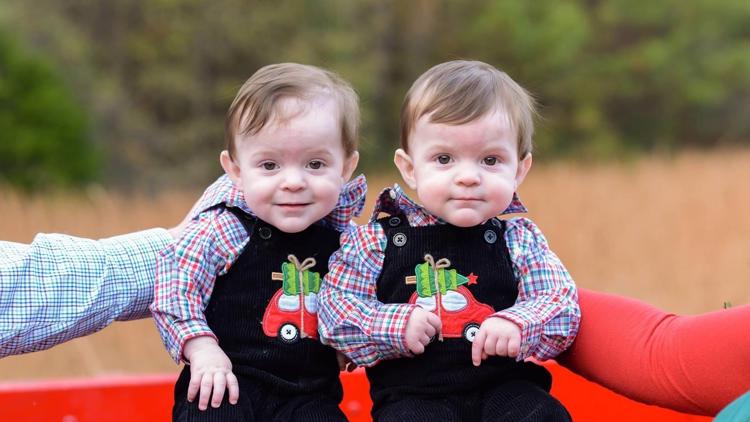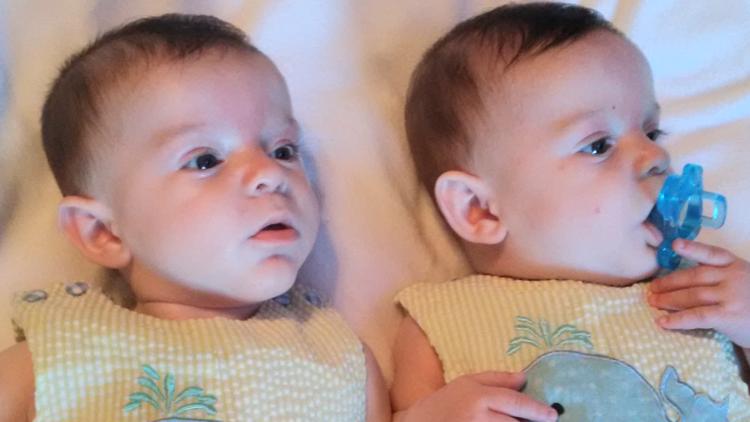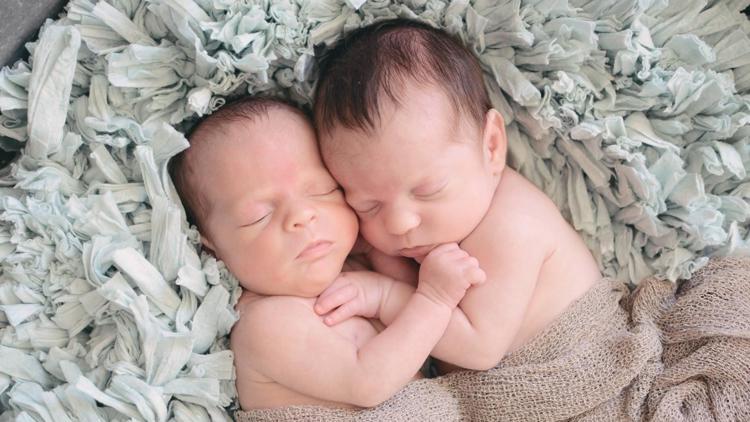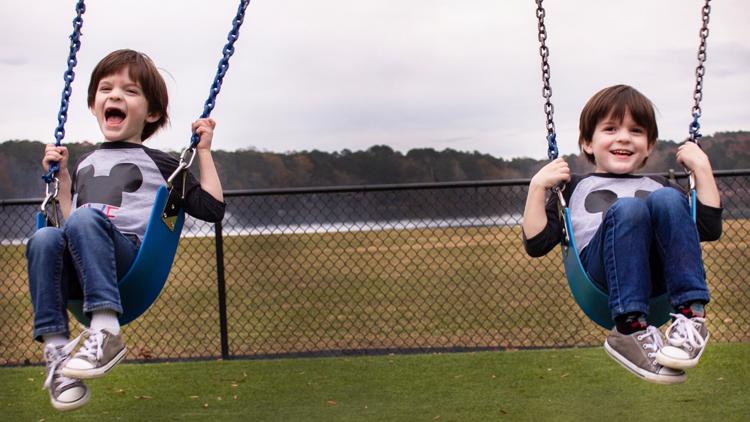ATLANTA — A metro Atlanta family said they're struggling to treat a rare genetic disorder their twin boys have been diagnosed with.
Hunter and Grayson may look the same, but their mother, Jennifer Fausett, said the 6-year-olds are nothing alike.
"For identical twins, you couldn't have two more opposite kids," Fausett said.
Still, the boys end up doing most things together.
"They love to give hugs," she said.
Hunter and Grayson were both diagnosed with autism when they were two.
They've faced the challenges together. When the whole family got COVID last summer, the twins got it, too.
"They didn't have any more COVID symptoms, but all these new symptoms came out. We saw changes in their personality, we saw seizures," she said.
Fausett said the symptoms were different in Hunter and Grayson, but they worried her enough to start running tests.
"Their inflammation markers were coming up at more than 30 times what they should be for a kid. And they didn't have a medical explanation for that," she said.
Eventually, they got answers from a genetic panel: both boys were diagnosed with Aicardi-Goutieres syndrome or AGS. It's a disorder that mainly affects the brain, the immune system and the skin, according to Medline Plus.
"If you google pictures of this disease, you'll see pictures ranging from children that are paralyzed, children that are blind, children who are like my boys, having these extreme seizures," she said.
She adds that doctors didn't give her much hope.
"It's terminal," she explained about her twins' diagnosis. "And all I could do was cry and tell them that I don't accept this - I don't accept that."
Through her own research, Fausett found AGS is rare but felt a medical professional somewhere had to know more about it.
"There has to be someone in the world who is doing something -- and I am going to do and spend every last cent I have to put my child in front of that person," she said.
She finally found them: Dr. Adeline Vandervere at Philadelphia Children's Hospital. She's one of the only doctors in the world researching the disorder - and has only met the twins online so far.
Fausett twins Hunter and Grayson | PHOTOS
"Within a family, we can have kids who have the same genetic manifestation, the same gene change, that predisposes them to AGS, but one child can be really severely impacted and the other hardly at all," the doctor said.
Vanderver said a severe illness, like the COVID infection Grayson and Hunter had last summer, can activate the disorder in kids - which is why different kids are impacted differently.
Doctors started identifying the disorder in the early 2000s, with the most recent gene only discovered two years ago.
"We just didn't have an understanding of the genes. Before that, people just didn't know what was making people sick," she said.
Vanderver said that makes it harder for families dealing with the diagnosis.
"If you get this kind of diagnosis, you don't get any of that support, because people don't know what you're going to be facing," she said. "So there's a huge need for more community knowledge and involvement to support those families."
The families need support, and they need treatment.

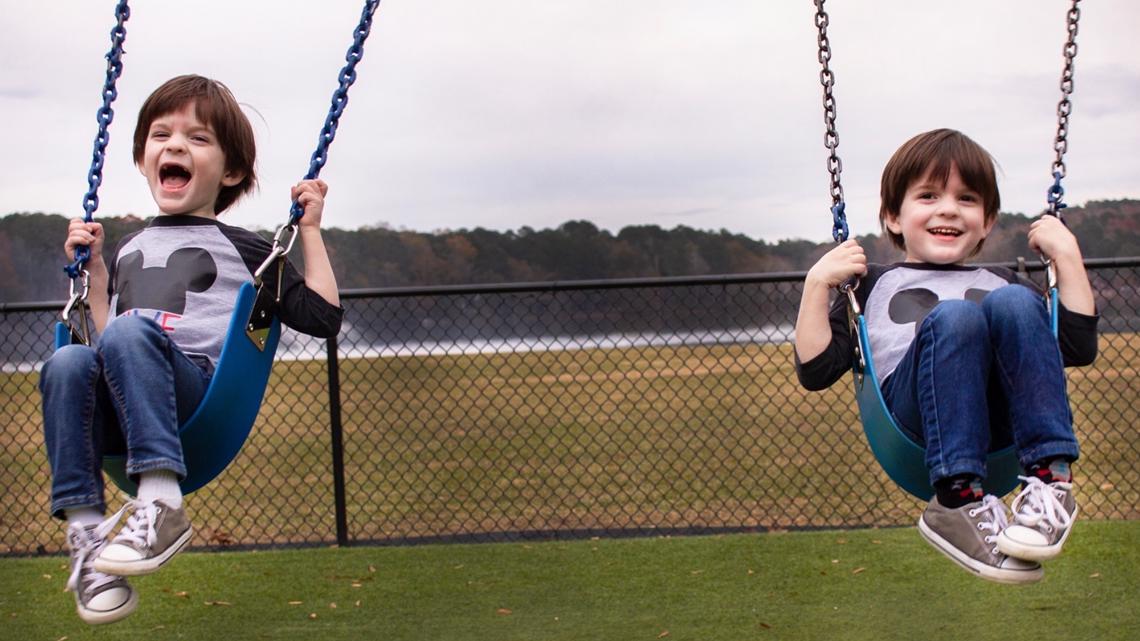
The Children's Hospital is currently testing an arthritis medication that has shown promise in slowing the progression of the disease.
"If we don't get treatment, the pictures on the internet could be my boys," Fausett said. "Once that damage is done, it can't be undone."
Because the treatment is not yet FDA approved, families have to pay out of pocket for the full cost of the drug: $8,000 for a 30-day supply.
Fausett said her unique, precious boys need the same treatment, and they can't afford it.
"You have a sick kid at home, and you're sitting there with a prescription in hand, and you know it will be a life changer for your child," the mother said. "It's life or death - it's a piece of paper sitting on your table and you can't do anything with it. And what if you're in my situation and you have two?"
The Fausett's found another family in Carrollton who has a daughter with AGS. They've found support in that family and an online community trying to raise awareness for the disease.
However, they're raising money to try and fight it.

